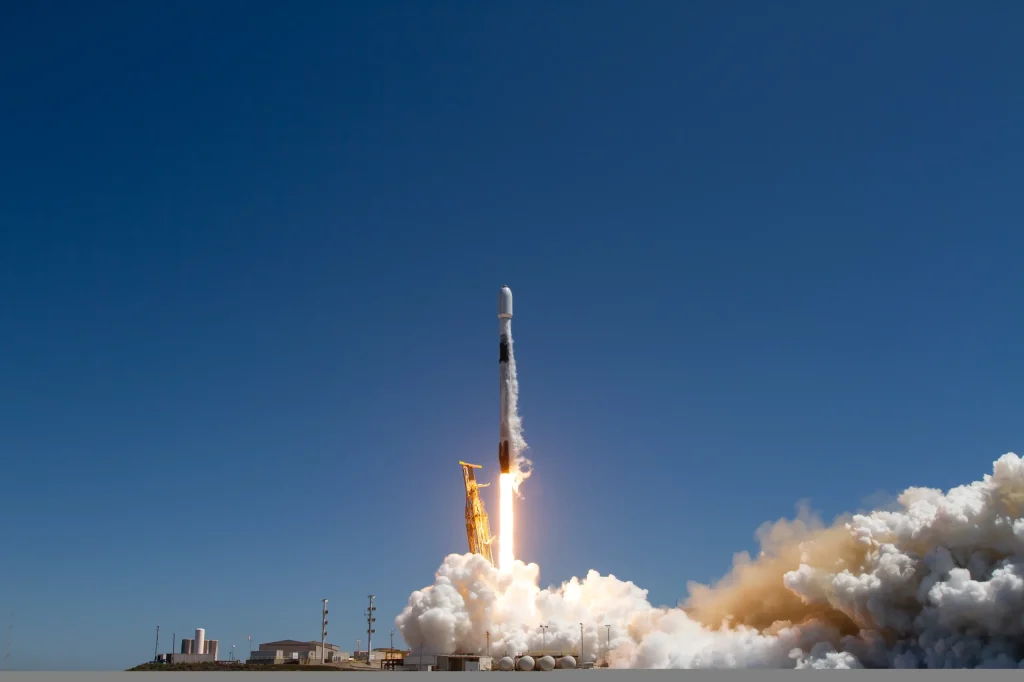President Bola Tinubu has approved the launch of four new satellites as part of Nigeria’s efforts to advance its space technology capabilities. This significant move aims to strengthen the nation’s technological infrastructure and secure Nigeria’s position in the global space industry.
Dr. Mathew Adepoju, Director General of the National Space Research and Development Agency (NARSDA), announced the 8th Brig. Gen. Michael Agu (rtd) annual distinguished lecture and awards ceremony at the Olusegun Obasanjo Space Centre in Abuja. The event, themed “Nigeria’s 21 Years in Space: Achievements, Challenges, and Prospects,” celebrated the country’s progress and future goals in space technology.
Dr Adepoju explained that several Nigerian satellites have already been deorbited or are in the process of deorbiting, necessitating the launch of new satellites to maintain Nigeria’s relevance in global space development.

He outlined three key pillars for his leadership at NARSDA: transformation, improving staff strength, and fostering private sector-driven initiatives to boost space development. He emphasised the importance of private sector involvement, stating that the government alone cannot sustain the National Space Programme.
“We will open up opportunities for the active participation of the private sector in Nigeria’s space ecosystem,” Adepoju added.
Margaret Oguntola, President of the Nigerian Society of Engineers, praised the efforts of Nigerian engineers and scientists over the past two decades, highlighting their achievements in launching satellites and collaborating with international space agencies. She called for deeper engagement in advanced space exploration and innovation.
“This is a call for greater achievements. We must go beyond satellite launches and expand our involvement in advanced space exploration. Nigerian engineers, scientists, and technologists have the potential to lead Africa into a new era of space discoveries,” Oguntola stated, urging engineers to take ownership of the mission.
Dr. Umar Abdullahi, National Chairman of the Nigerian Institution of Space Engineers, acknowledged the challenges faced by the sector, including satellite lifespan limitations, funding constraints, policy inconsistencies, and a lack of manufacturing capacity.
“These challenges have tested our resilience and raised important questions about the sustainability of the space programme. Our journey in space is not just about technological success; it’s about solving real-world problems, such as combating flooding, enhancing food security, monitoring environmental changes, and improving national security,” Dr. Abdullahi explained.
Prof. Rabiu Babatunde, Research Director at NARSDA, proposed several solutions to the sector’s challenges, including replacing space assets with new satellite constellations, revising strategic roadmaps, forging international partnerships, and commercialising research outputs. He also highlighted the importance of developing industrial engineering capabilities, establishing a space technology and innovation fund, and promoting a shift towards a public-private partnership model.
The event also included the presentation of awards to distinguished Nigerians for their contributions to space technology development, with former President Olusegun Obasanjo receiving the Grand Commander of Nigerian Space Exploration award.


